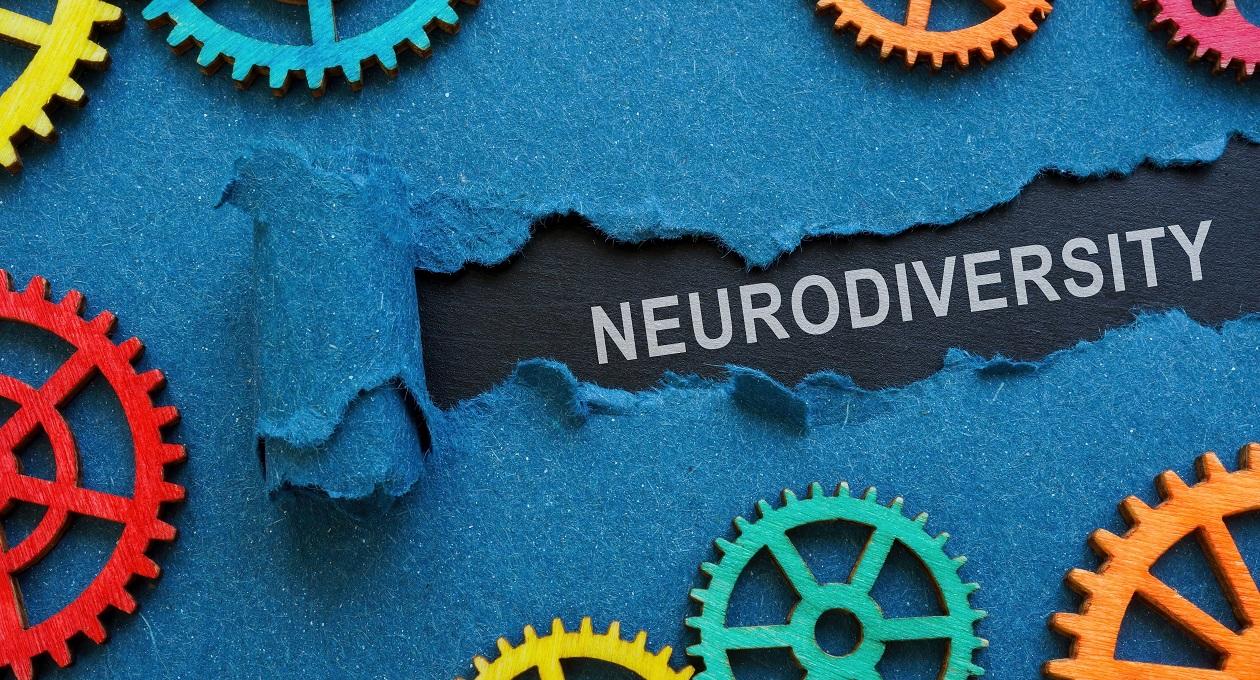What is neurodiversity?
Neurodiversity is the idea that humans vary in the way they think, behave and learn. Most individuals would be described as neurotypical but those who experience patterns of thought, behaviour and learning which deviates from the average, can be thought of as neurodiverse. Neurodiversity provides many advantages, but can also provide challenges at work, as many organisations are still organised according to neurotypical assumptions.
Data collection on neurodiversity differs geographically, but it is estimated that 15-20% or more of the world’s population could be neurodiverse. Despite the prevalence of neurodiversity, and a noticeable increase in awareness, statistics show that so far, society has failed to make adequate adjustments for neurodiverse individuals.
Neurodiverse conditions sit on a spectrum and as with other forms of diversity, are unique to every individual. This makes it difficult to create a ‘one size fits all’ approach when making reasonable adjustments for neurodiverse individuals. But that doesn’t mean that we shouldn’t do so.
How does neurodiversity impact psychometric assessments?
Differences in processing information, thought and behaviour such as that seen in neurodiverse individuals, are directly linked with assessment taking. As mentioned previously, due to the diverse ways in which neurodiverse conditions present themselves, both between and within conditions, it can be difficult to predict how assessment results may be impacted.
Thomas' Psychology team are responsible for conducting research investigating differences in assessment scores between different groups. Although only small differences have been found in a few areas on some of the assessments, it is difficult to make robust conclusions due to complexities in the data being collected.
In this video, Thomas’ Senior Manager of Psychology, currently writing his PhD in psychometrics, discusses his personal experience with dyslexia:
A common conclusion, albeit generalisation, in academic research is that those with neurodiverse conditions are more likely to score lower than average on measures of cognitive ability. When looking at candidate data of those who have completed the Thomas Aptitude assessment, scores are typically higher than the neurotypical population. This could be because those with neurodiverse conditions have developed strategies which allow them to excel in tasks which are naturally more challenging to them, or it could be because the candidates who feel as though the assessment may negatively impact them, are exercising their right to reasonable adjustments, and choosing to not complete it.
An interesting finding from the Thomas Personality assessment is that neurodiverse individuals typically score higher on the Curiosity trait than neurotypical individuals. Those higher in Curiosity are characterised by openness to new ideas, techniques, and ways of doing things. In the context of environments which have been set up to suit the needs of neurotypical individuals, this finding isn’t surprising.
Something which hasn’t been mentioned is test anxiety, which can have an influence on assessment performance. Test anxiety can have a negative impact on assessment takers due to previous negative experiences, or stereotypes associated with test taking. Due to the barriers often faced by neurodiverse individuals, the likelihood of test anxiety is higher.
The main takeaway is that we cannot be sure how neurodiversity will impact assessment takers, and this highlights the importance of making adjustments on a case-by-case basis.
Best practice for providing a positive candidate experience
Following the information discussed in the previous sections, it is essential that your recruitment process creates psychological safety around neurodiversity. Here are the crucial steps:
- Make it clear from the outset of the recruitment process, and especially prior to taking an assessment, specifically what is expected of candidates, so that they can evaluate whether they are likely to be impacted during the process, and to what degree.
- Communicate with candidates in a way that allows them to feel comfortable disclosing any neurodiverse condition that may be relevant. Do not force candidates to undertake an assessment if they do not feel comfortable doing so. You can download two templated letters here.
- Do not make a decision about a candidate because they haven’t taken the assessment. Neurodiversity is diverse, and studies show that it has many benefits for organisations, including improving team productivity and advancing innovation.
- Reassure candidates that neurodiversity will not adversely affect their application by providing guidance about the adjustments to the decision-making process and interview weighting should they choose not to take an assessment. For example, “Instead of this assessment, we will ask you to complete a different kind of assessment, or if that is not possible, the interview will be given greater weight in the selection process”.
For more information about how to ensure your neurodiverse applicants have a positive candidate experience, download our whitepaper, Rethinking Diversity.




